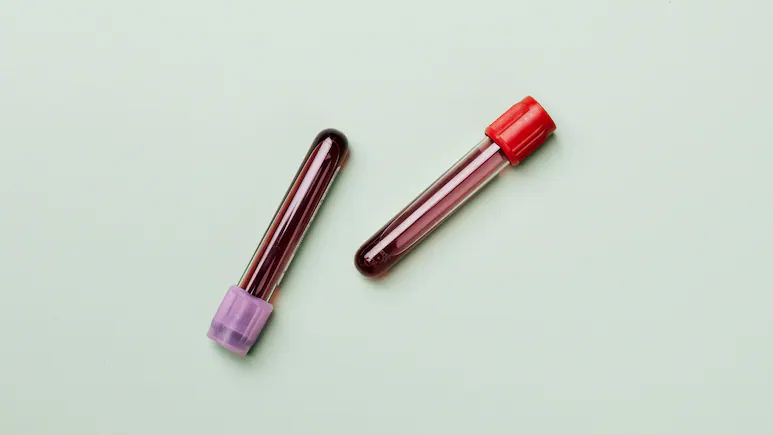
Japanese scientists from Nara Medical University, led by Professor Hiromi Sakai, have begun human testing of a universal artificial blood product that could end compatibility issues and revolutionize emergency care
This synthetic blood is engineered by encapsulating hemoglobin, sourced from expired donated blood, within protective vesicles, forming stable, virus-free red cell substitutes. Notably, it carries oxygen like regular blood but lacks any blood type antigens, so it can be administered to any patient without matching .
The product boasts an impressive shelf life of up to two years at room temperature, dramatically surpassing the 42-day expiration window of conventional donated blood. Such durability would make it a game-changer for battlefield, disaster-zone, and remote-area medicine.
In March 2025, the team administered between 100 and 400 ml of this artificial blood to 16 healthy volunteers to assess safety and efficacy. Assuming positive final results, they hope to deploy it clinically by 2030, potentially making Japan the first nation to offer artificial universal blood in medical use.
Currently, donated blood supplies remain insufficient worldwide, and compatibility testing often delays urgent transfusions. Offering a blood-type-neutral substitute with a multi-year shelf life would significantly mitigate risks and save lives .
If these trials succeed, this universal blood could transform global healthcare, from trauma units and maternity wards to military field hospitals—offering immediate, safe transfusions without matching delays.